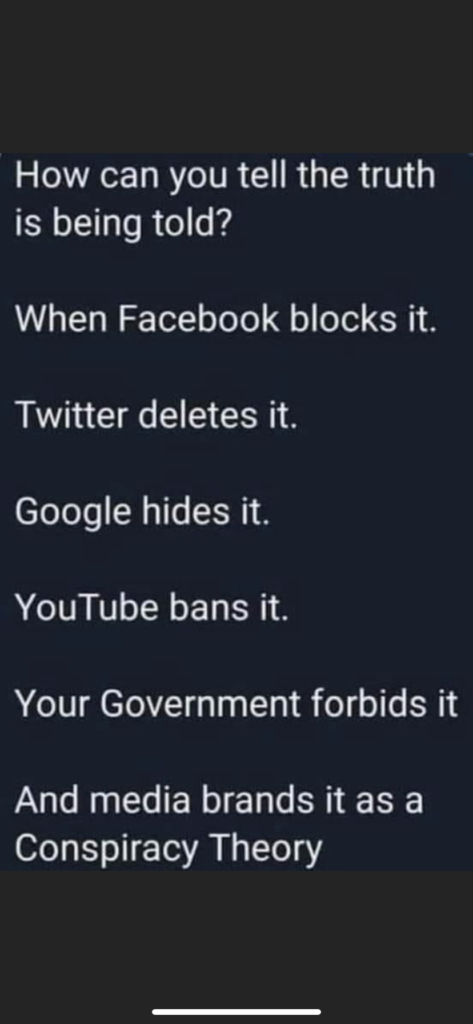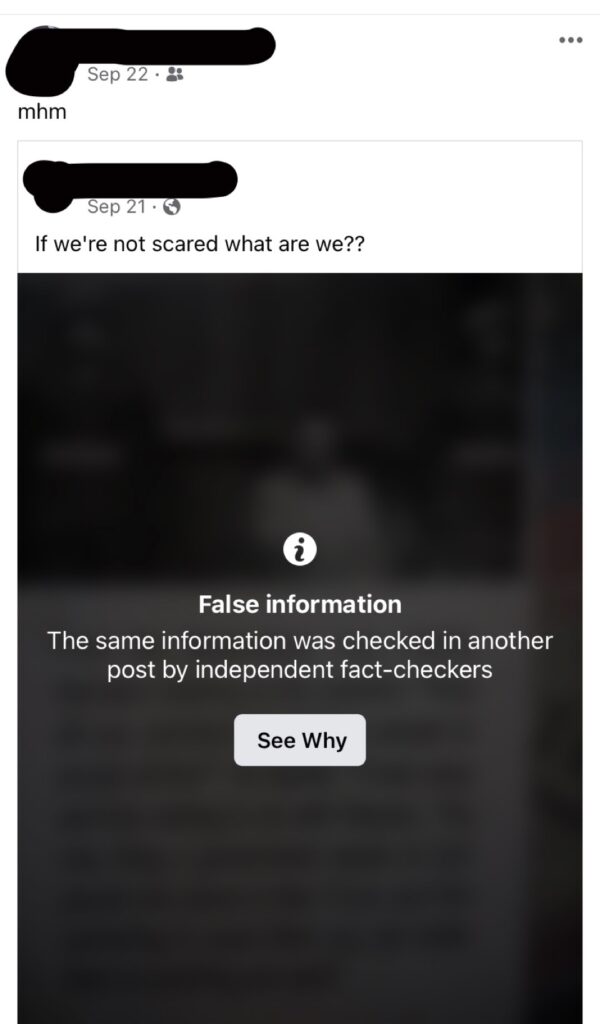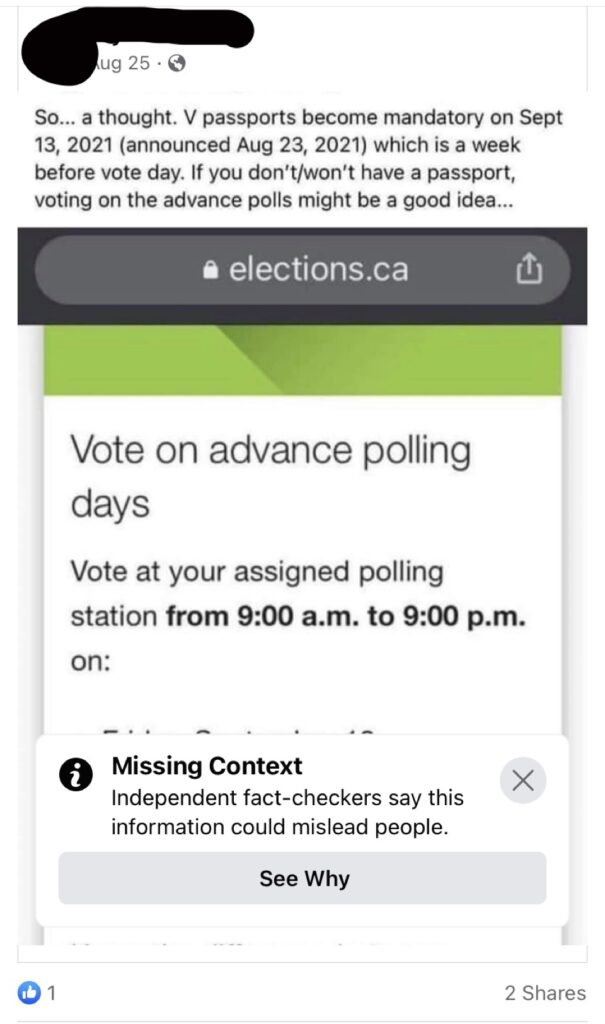What is media literacy?
According to Julie Smith, media literacy is as simple as asking questions about the content we consume. It shouldn’t just be done in the classroom but should be a skill we all use every day. According to Trilling and Fadel, media literacy skills provide a platform for how to access, scan, assess, and construct content messages in a variety of forms (2009). They state that, for example, it takes a strong level of media literacy to pick the right format for a particular topic and get the necessary permission to reuse other people’s material (2009).
Why is it important?
Smith talks about how we are more interested in what we believe than what is true. The fact that we have access to so much information puts us in a situation of being informationally negligent. This means that there is so much material out there that it is almost impossible to determine what is real, meaningful, valid, or true. Unfortunately, when you present something as fact, there will always be people who disagree with your truth. Today, we have thousands of sources of information available to us. We can get our information from any source we want. As people, we like to be told that we are right and that we are smart. We rarely hear opinions we don’t agree with, and that is by choice.
Why is it dismissed?
Julie Smith spoke about the fact that most of the questions she receives from parents and schools are about how to get their children to stop using social media. There is an anxiety and protective sentiment around social media that didn’t exist in the 90s around television. Is it because it’s new to parents? Or is it because mainstream media sheds negative light on the digital world? Whatever the reason, Smith says, people are afraid and rather than try to learn more, they get rid of it all.
Why should you aim for varied views but the factual consensus in your PLN?
Having a network where you can connect with others in your field from around the world is invaluable. It helps to have the perspective of people outside your immediate circle. Objective voices who can provide you with rational advice when you need it most. Julie Smith says the advantage of social media is that you can block out those who don’t contribute positively to your network. You can select people who are optimistic and willing to share ideas.
I think it is very important to understand that our experiences allow us to believe what we want to believe. As a university student, I was trained to distinguish between credible and non-credible sources. I often have to remind myself that just because I am used to questioning the media’s interpretations of current affairs doesn’t mean others have the same instinct. Of course, the struggle for truth has been around longer than the Internet itself. However, the past year has shown us that just because we have access to certain information does not mean it is true or scientifically accurate.
Fake information about the pandemic has flooded my social media feeds, especially Facebook, for the past year and a half. I went through phases of trying to fight with these people about whether or not the vaccines were safe, or how the FDA approval process actually worked. I got really tired of seeing smart young people fall for false information. It seems that people start with a response and cherry pick information to fit their narrative. I see no follow up, no credible sources cited, no questions about the validity of the information that is being put out in the community. I usually don’t have a problem with what people put on their Facebook pages, but when it comes to spreading misinformation about a deadly virus, I have very little patience for such disregard for the truth.
I went through my Facebook connections and found some examples of what some consider to be fact, while the consensus is quite the opposite.

What happens when the consensus is no longer accepted by many people in the community? Whenever people are told they are wrong, they double down and push even harder.
Sources:
MILLER. (2021, June 6). EDCI 338—MEDIA LITERACY with JULIE SMITH. https://www.youtube.com/watch?v=57r3-aEnci0
Trilling, B., & Fadel, C. (2009). Chapter 4—Digital Literacy Skills. Jossey-Bass. https://learning.oreilly.com/library/view/21st-century-skills/9780470475386/fade_9780470475386_oeb_c04_r1.html



Hi Justine,
Great blog. I really liked reading about what you had to say with why media literacy is so important. How we would rather see what we believe rather than what it true. This thought definitely reminds me of confirmation bias and how prevalent it is within us. I liked your examples at the bottom of the page showcasing misinformation and how it makes its way through our PLNs. With so much misinformation in the past couple years surrounding the covid-19 pandemic. Ive seen much of the same kind of misinformation on my own PLN’s aswell. If someone didn’t have any media literacy skills and were to come across this misinformation. I think they would be persuaded quite easily. Hence the reasoning for why this skill is so essential in todays society.
Interesting blog Justine!
Aidan.E